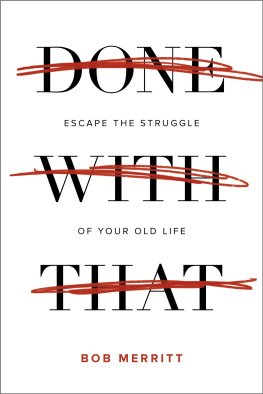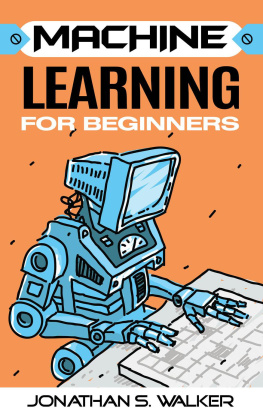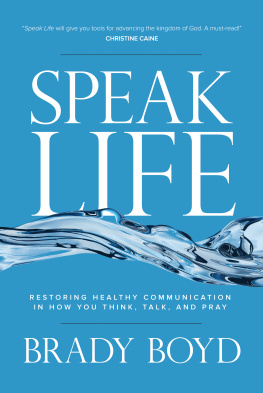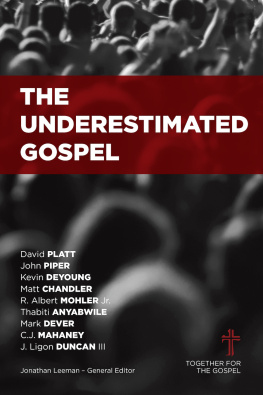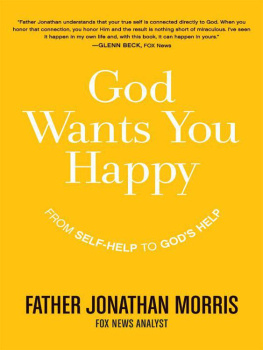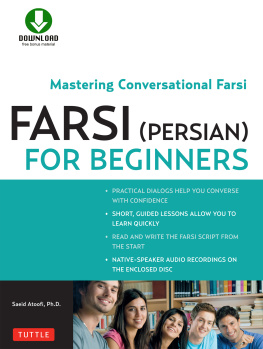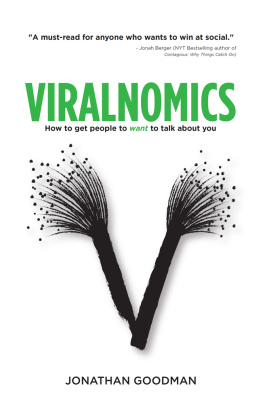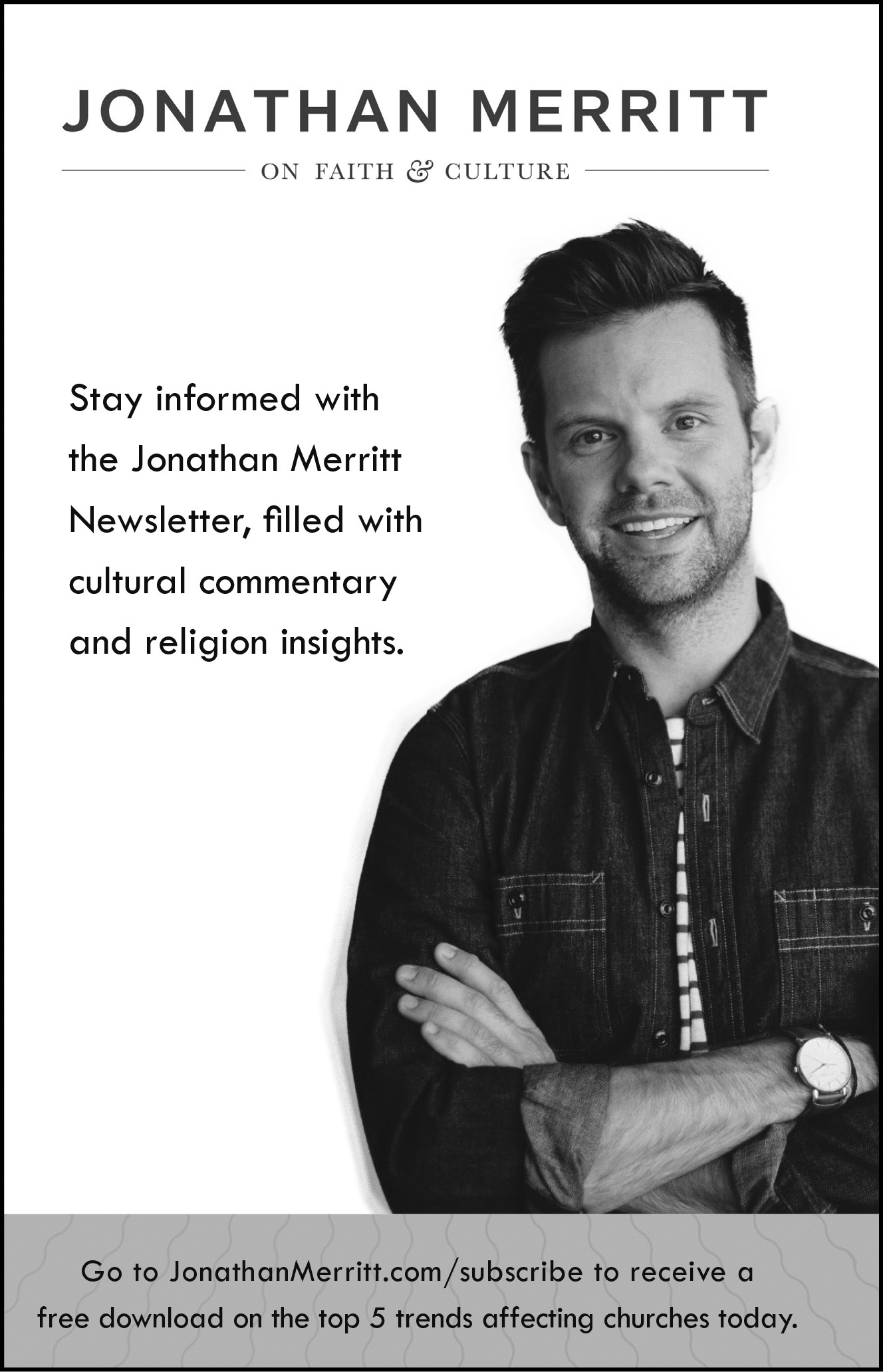Acknowledgments
Though this book may bear my name, it is not the product of a single individual. It takes a village, as they say, to produce such a work. The fingerprints of countless people are scattered throughout. So I want to offer my gratitude to the many who helped shape this book over the years it took to compose.
This project would not exist, at least not in its current form, without Margaret Feinberg. My mentor, business partner, and a fellow troublemaker, she supported my work and took time to improve it. The many hours devoted to critiquing, editing, and encouraging me are without price.
Similarly, I thank my dad, who provided fair and necessary critiques of the manuscript. He helped me soften the unnecessarily sharp edges and challenged me to infuse every thought with an extra helping of grace.
My longtime agent, Chris Ferebee, also deserves a heap of credit. He represented me well, pushed me when necessary, and supported my vision for this project. Many thanks to him for being an agent of character, competency, and chemistryand for being one of my best friends.
As an author and ghostwriter, Ive worked with more than a dozen publishing houses, but the team at Penguin Random House, Convergent, and WaterBrook have put them all to shame. Ive never worked with a more talented and tireless bunch. Shannon Marchese is an editor who is sober-minded, detail-oriented, and flexible. Douglas Mann, Nicole McArdle, Penny Simon, and Beverly Rykerd were always a step ahead and provided me with all the necessary tools to succeed in terms of publicity and marketing. And, of course, this project would not be what it is without Tina Constable and Campbell Wharton, who believed in this project from its inception. I look forward to working with all of you on many more projects.
Thanks to all who joined my launch team and spread the word about this project. You cheered me on when I needed you most and believed in this book before many others. I credit each of you with any marketplace success it achieves.
Thanks to my assistant, Maegan, who helped keep me organized during the editing and promotional phases of this project. Without her, many balls would have been dropped.
Thanks to Barna Groupspecifically Roxanne Stone and David Kinnamanwho helped me design and execute a national survey on these issues. Your teams professionalism, hard work, and generosity were indispensible.
Thanks to everyone who reviewed early fragments of this manuscript and provided invaluable feedback: Emma Green, David Dark, John Stackhouse, Annie Downs, Jessica Ritchie, Kate Bowler, Freddy Piumelli, Brenna Noble, Kirsten Powers, Lindsie Yancey, Chandler Epp, Savana Southerland, and Allison Trowbridge.
Also, thanks to Tim Schraeder who provided knowledge on digital marketing and social media. Your expertise and execution is unparalleled. And thanks to Icon Media Groupespecially Shannon Stowefor your incredible publicity efforts.
To all those whom Ive forgottenand Im sure there are manygrace and gratitude to you.
About the Author
Jonathan Merritt is one of Americas most prolific and popular religion writers. He is currently a contributing writer for The Atlantic, contributing editor for The Week, and senior columnist for Religion News Service. Jonathan has published more than 3,500 articles in respected outlets such as USA Today, The Washington Post, BuzzFeed, Christianity Today, and The New York Times. As a respected voice on religion and politics, he has been interviewed on ABC World News, CNN, Fox News, MSNBC, PBS, NPR, and CBSs 60 Minutes.
Jonathan is the author of multiple books, including the critically acclaimed Jesus Is Better Than You Imagined. He has collaborated on or ghostwritten more than fifty others, with several titles landing on the New York Times, Wall Street Journal, and USA Today bestsellers lists.
Named one of 30 young influencers reshaping Christian leadership by Outreach magazine, Jonathan is now a sought after speaker at colleges, conferences, and churches. He holds two graduate degrees in religion and resides in Brooklyn, New York.
To learn more about Jonathans work or to receive his popular weekly newsletterThe Faith and Culture 5visit www.JonathanMerritt.com.
0
Struck Mute in a Strange Land
A life coach once told me that adults searching for meaning should pursue their childhood dreams. Which seems reasonable enough if you fantasized as a kid about becoming a tax attorney or insurance adjuster. The principle doesnt work as well for people like me, who dreamed about becoming a cowboy.
My mother reminisces about the way I played pretend in the living room, wearing nothing except pajama bottoms, a mini Stetson hat, and black boots with silver spurs. Id force my cowboy boots onto the wrong feet, which made the whole scenario a little more precious and a lot more absurd. On more than one occasion, I sauntered around the house, knock-kneed, waving a plastic six-shooter and asking where I could find a good watering hole.
When I grow up, I told my mother, Im movin to El Paso.
I had never been to El Paso. Heck, Id never even seen pictures. In my version of El Paso, the townsfolk rode horses and never left home without pistols strapped to their hips. Only one lawman lived there, and he could usually be found outside the jailhouse smoking a hand-rolled cigarette. I assumed most residents wrangled cattle during the day, lay under a blanket of stars at night, and after a hard weeks work, gathered at the saloon for a frothy mug of sarsaparilla and a hand of Texas Hold Em.
When I was old enough to move to the city of my choosing, however, El Paso didnt even make the Top 10. My cowboy dream had long faded. When I decided at the age of thirty-one to join the 8.5 million city slickers who call New York City home, I wondered if that wrangler spirit had led me there.
You wont find horses in the Big Apple unless theyre dragging carriages around Central Park. The only cows we have are served medium rare and will cost you a second mortgage. The citys strict gun laws mean youre unlikely to see a pistol unless its resting in a police officers holster, and the closest thing youll find to a tumbleweed is a windswept potato chip bag.
And yet, New York City has a certain frontier-like quality. Countless people arrive each yearin moving vans, like modern covered wagonswith hopes of forging a new life, conquering the iron wilderness, and if theyre lucky, maybe even striking gold. The scent of opportunity is everywhereIve caught whiffs on street corners and nearly choked on it on Wall Street.
Americas biggest metropolis is diverse enough that citizens can curate their own version. The New York of the Upper East Side is not at all like the New York of Astoria, Queens. So different are the two neighborhoods that its almost laughable for them to claim the same city of residence.


